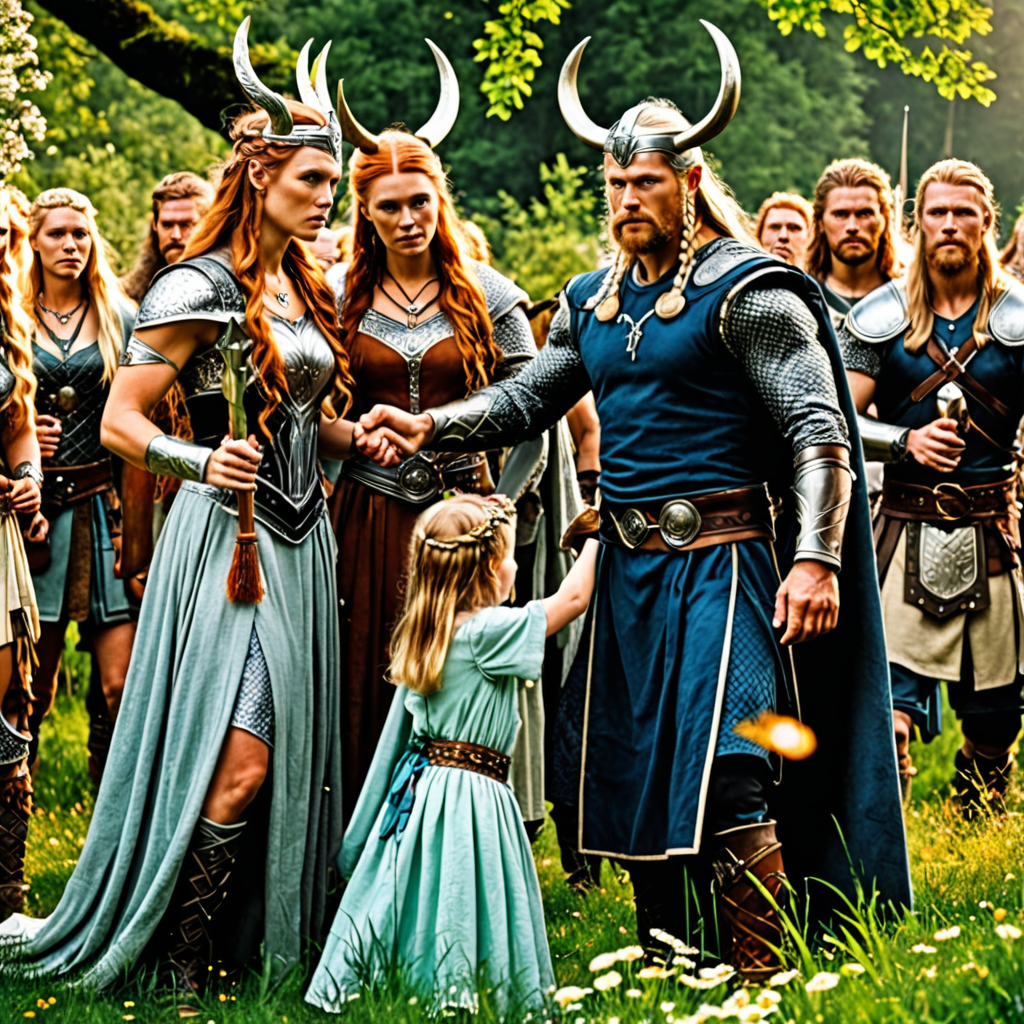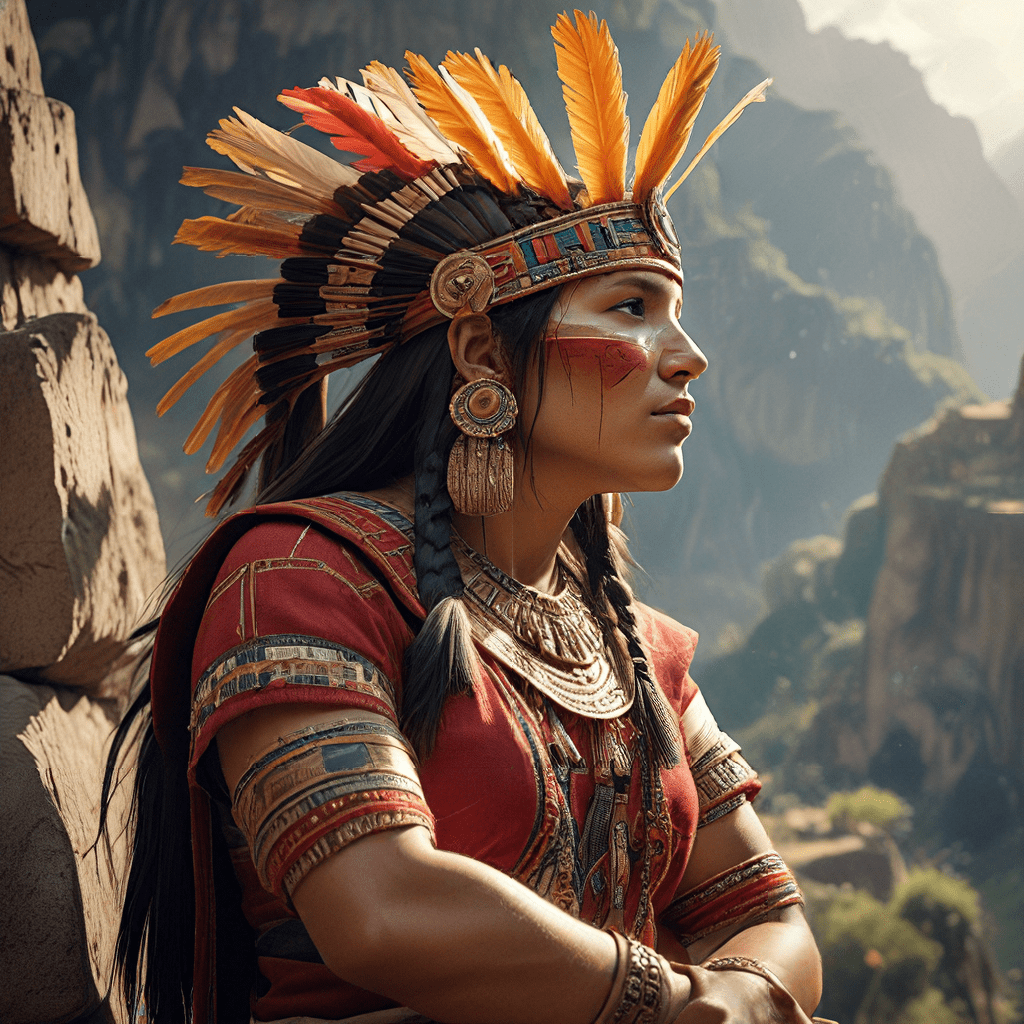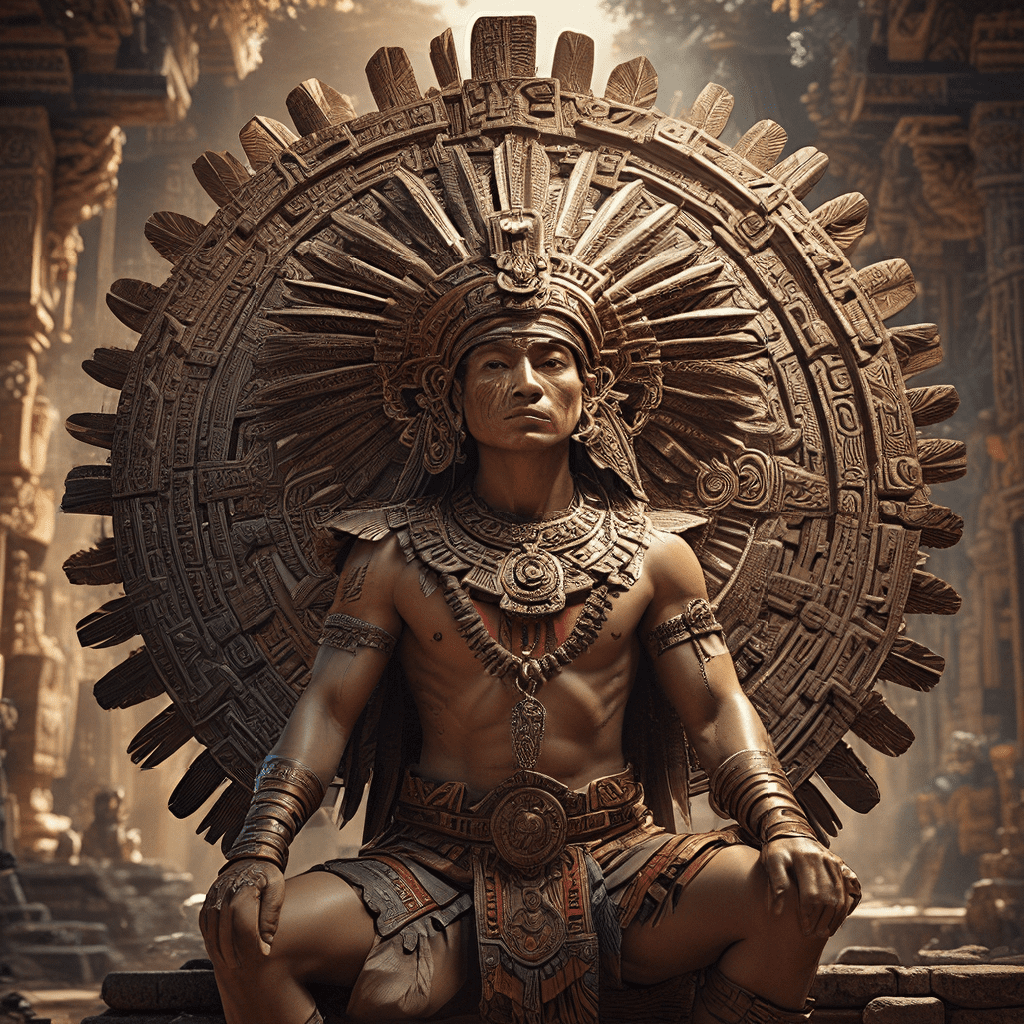The Influence of Norse Mythology on Norse Marriage and Family Customs
In Norse culture, myth and legend often played a significant role in shaping various aspects of life, including marriage and family customs. Let’s explore how Norse mythology influenced the way marriages were conducted and families were structured.
Norse Mythology and Marriage
Norse mythology portrays marriage as a sacred bond, often involving powerful deities and intricate rituals. The stories of gods and goddesses like Odin, Frigg, and Freyja set examples of love, loyalty, and union that were ideals for Norse marriages.
Thor and Sif: A Mythological Marriage
One famous mythological marriage in Norse mythology is that of Thor, the god of thunder, and Sif, the golden-haired goddess. Their union symbolizes strength, fertility, and protection, which were essential elements in Norse marital relationships.
Norse Family Customs and Odin’s Influence
Odin, the Allfather of Norse mythology, was not only associated with war and wisdom but also with familial bonds. Norse families often looked to Odin as a patron of kinship and protection, emphasizing the importance of family unity and heritage.
Legacy of Norse Mythology in Modern Family Life
The impact of Norse mythology on marriage and family customs can still be seen in modern society. From wedding traditions to family gatherings, elements of Norse lore continue to influence how we celebrate love, unity, and kinship within our families.
FAQ: The Influence of Norse Mythology on Norse Marriage and Family Customs
What role did Norse mythology play in shaping marriage customs?
Norse mythology strongly influenced Norse marriage customs by highlighting the importance of kinship, alliances, and fertility, with rituals often reflecting mythical stories and beliefs.
How did Norse myths influence family structures in ancient Norse society?
Norse myths depicted various family dynamics and values, such as loyalty, honor, and the importance of lineage, shaping how families were structured and how roles within the family were defined.
Were there specific Norse gods or goddesses associated with marriage and family life?
Yes, Norse mythology featured deities like Frigg, the goddess of marriage and motherhood, and Freyja, associated with love and fertility, who influenced how marriage and family life were perceived and celebrated.
Did Norse myths impact wedding ceremonies and traditions?
Norse myths influenced wedding ceremonies by inspiring rituals like exchanging vows, gift-giving, and symbolic acts that honored the gods and ancestors, emphasizing the sacred nature of marriage.
How did Norse mythology influence views on parenting and child-rearing?
Norse myths often showcased themes of protection, guidance, and the passing down of traditions, which influenced how Norse parents raised and educated their children to uphold family values and honor the gods.



